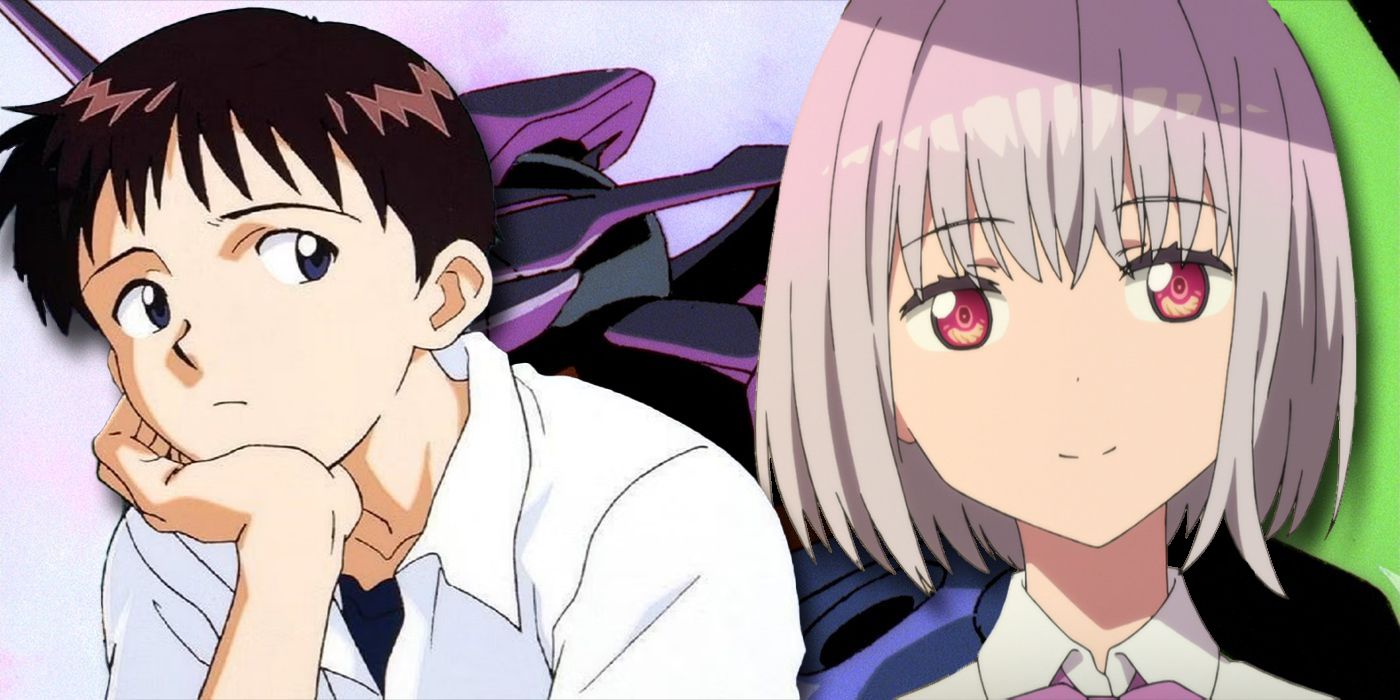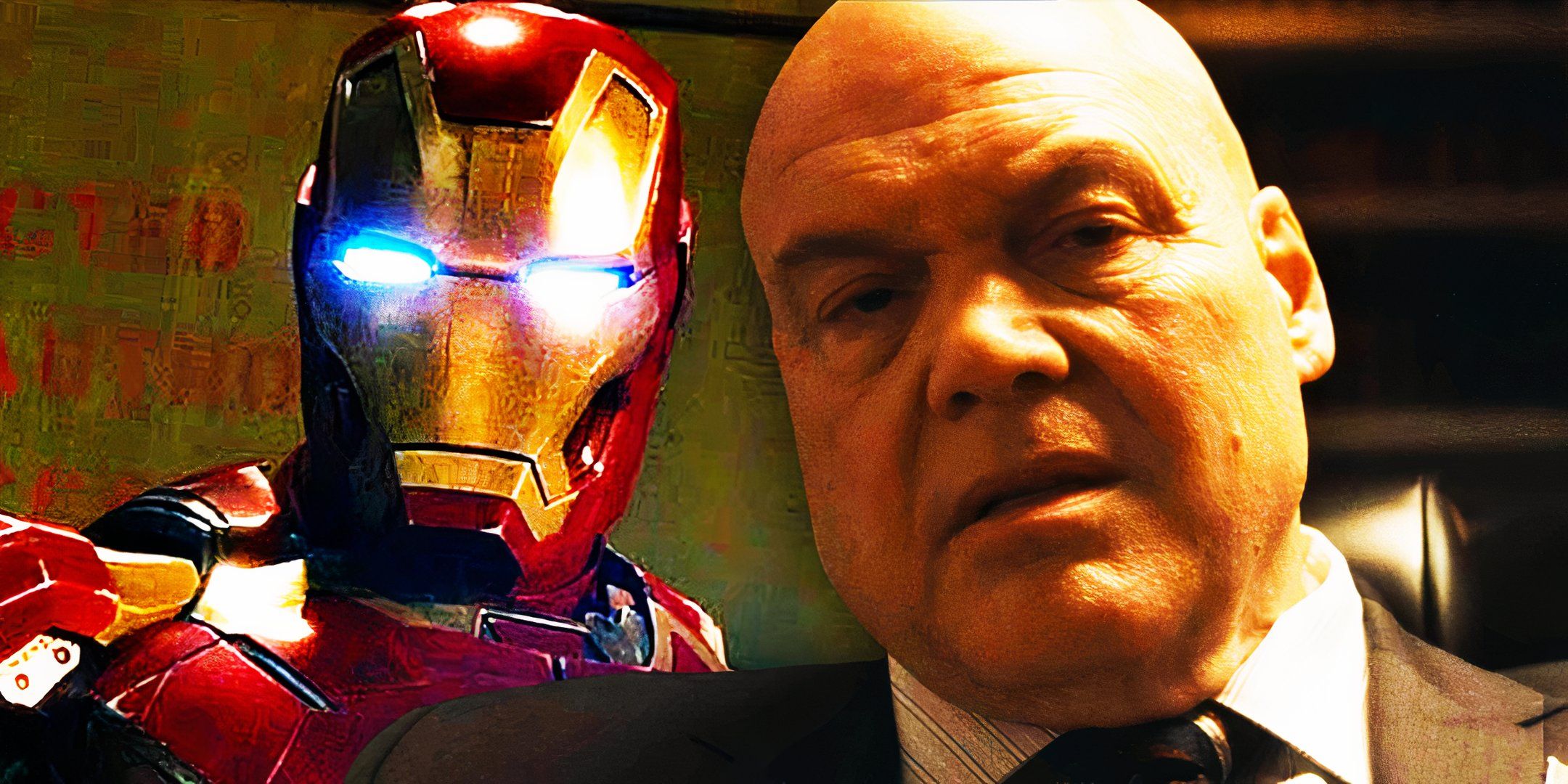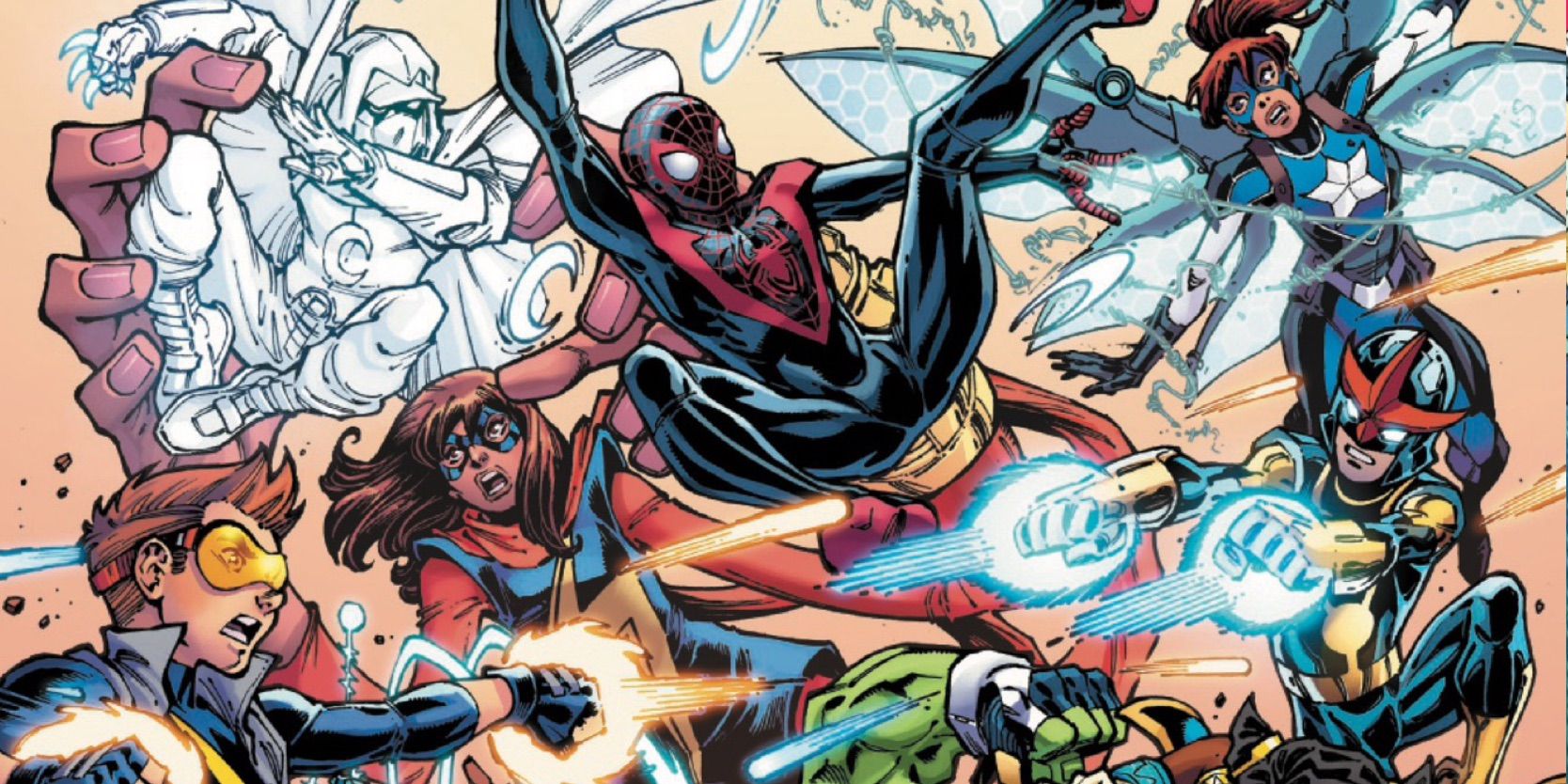Evangelion's Perfect Replacement is an Underrated Crunchyroll Mech Anime More Fans Need to See
Summary SSSS.Gridman shares many themes with Evangelion, such as loneliness and the pain of reality.
The antagonist in SSSS.Gridman, Akane Shinjo, is a dark mirror to Evangelion's Shinji.
SSSS.Gridman feels as if it's a spiritual successor to Evangelion in certain ways.
Neon Genesis Evangelion is a highly unique anime that became a phenomenon, both in Japan and beyond. It inspired a generation of upcoming animators and writers, who then went on to create their own spin on many of the themes and ideas of the series. While no one has quite managed to match Evangelion's incredible cultural influence, there are some amazing series out there which carry similar themes, and one of the best is SSSS.Gridman.
Evangelion is many things, which can make it quite difficult to condense into a concise description. What begins as a fairly conventional Mecha anime soon devolves as protagonist Shinji Ikari's mental state takes a nosedive. While it's not really a mystery series, the anime has plenty of intrigue surrounding exactly how the Earth has ended up in this desperate situation, battling invading Angels which seem dead set on wiping out humanity. At its core, though, Evangelion is a rather bizarre coming-of-age story for Shinji, as he learns who he is, what life is like, and eventually comes to accept the good with the bad.
SSSS.Gridman Shares a Broken World
Something's Not Right with Reality
SSSS.Gridman is an anime adaptation of the former live action series Hyper Agent Gridman, drawing the "SSSS" part from the series' long and alliterative English title, Superhuman Samurai Syber-Squad. As such, it's not technically a Mecha series, drawing more from live action tokusatsu series (shows similar to Kamen Rider or Super Sentai/Power Rangers), although Gridman functions much like a mecha. The show revels in its origins, with one character an in-universe fan of the Ultraman series which Gridman originated from.
Like Evangelion, it can be difficult to discuss SSSS.Gridman without getting into spoiler territory, particularly in the ways that the two are similar. In both series, there's something very clearly wrong with the world, although in SSSS.Gridman only the protagonists seem to notice, as no one else has memory of the changes. Both also see attacks from mysterious monsters that threaten to eliminate the people living there. In SSSS.Gridman, these monsters are explicitly Kaiju, and the sight of multiple Kaiju lurking over the horizon is what initially tips the protagonists off to the problems they're facing.
SSSS.Gridman is a production of Studio Trigger, which was formed by former employees of Gainax, the studio which originally produced Evangelion, and many of its creatives even worked on the series, giving it something of a tie back to Evangelion. The series celebrates this fact in the English version, where a group of characters appear known as the "Neon Genesis Junior High Students," despite not being actual students.
SSSS.Gridman Flips the Script on Shinji
Shinji's Parallel is a Villain, Not a Hero
Close
Shinji Ikari is the main protagonist of Evangelion, although he's about as far from heroic as one can get without being actively villainous. Shinji is essentially forced into piloting an EVA, and resents that fact greatly, especially as the battles become more and more intense. Shinji is plagued by depression and anxiety, feeling that he has no worth outside of his ability to pilot the EVA, which only makes him resent it even more. As his mental state unwinds, these feelings turn to rage and bitterness, and when the fate of the world ends up in Shinji's hands, he very nearly decides not to save it.
While SSSS.Gridman's nominal protagonist Yuta Hibiki does bear a few resemblances to Shinji, such as the fact that only he can operate Gridman, there's another character whose journey is much more like Shinji's: Akane Shinjo, the antagonist of the series. Akane is, like Shinji, rather unhappy with her life, but unlike him, she has fantastic power which allows her to act on her darkest impulses. Where Shinji is forced to participate in these battles, Akane is the one starting them, and she quickly grows tired of Gridman getting in her way--a fact which ultimately pushes her to darker extremes than even Shinji.
Akane is a very complex character; she's socially isolated, but still maintains a friendship with Rikka Takarada, an ally of Gridman's (though Akane doesn't know that). Her loneliness and self-loathing are very reminiscent of Shinji's, but rather than a Misato to watch over her, she has an enabler who revels in her destructive impulses. Even her dark behaviors make some sense, given the context of the world she believes she lives in. Unlike Shinji, she's rarely forced to place herself in danger due to the incredible power she possesses, but ultimately does take things into her own hands when it appears to be the only winning move.
SSSS.Gridman's Themes Mirror Evangelion's
Gridman and Evangelion Deal With Depression and Loneliness
Thematically, SSSS.Gridman does explore some of the same ideas that Evangelion does, although it often handles them differently. The nature of the world is a big mystery in the series, as it's clear that something is very wrong from the first episode. Both shows have a cerebral atmosphere to them, encouraging the audience to think and ponder the questions that they pose. While both series have clear villains, the idea of what's good and what's evil is deliberately kept murky. The question of whether Akane is redeemable is one that the series maintains until literally the last moments of the series.
Perhaps where the two series are most similar is in their endings, which can be a bit confusing for many fans. While Evangelion's ending was so obtuse as to need End of Evangelion to clarify things, SSSS.Gridman is somewhat clearer. Without getting into spoilers, both series' finales revolve around the mental state of a certain character, and whether the bonds that they've built will be enough to put a stop to the world's problems.
SSSS.Gridman certainly feels like something of a spiritual successor to Evangelion, from its themes to its struggling characters, right down to the studio's ties back to Gainax. SSSS.Gridman is also loaded with Evangelion references, which fans of the series will delight in spotting. While there's nothing out there that's quite like Neon Genesis Evangelion, SSSS.Gridman uses many of the things that make Evangelion great in novel and interesting ways, making for a delightfully unique experience all its own.











COMMENTS